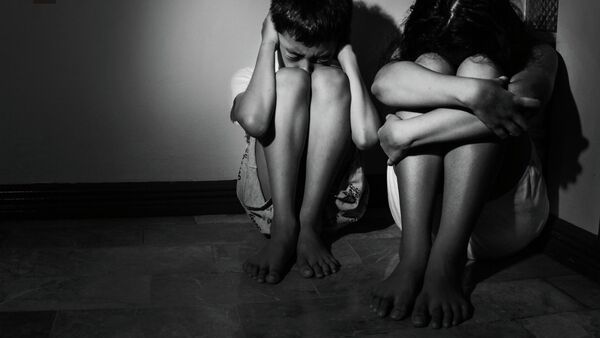Solitary confinement, as a form of torture, has been practiced in the US since the early 19th century but was later halted nationwide after reported negative psychological effects on children.
Human rights activists expressed concern over the trend as the UN Special Rapporteur on Torture, Juan Mendez, said in 2011 that "even 15 days in solitary confinement constitutes torture or cruel, inhuman or degrading treatment or punishment, and 15 days is the limit after which irreversible harmful psychological effects can occur."
Mendez, the Argentinian human rights advocate tortured by local forces almost 50 years ago, called for an "absolute prohibition" on solitary confinement for children and those afflicted with mental illness.
Solitary is torture. #EndSolitary #SolitaryConfinement #Nebraska #Torture #HumanRights https://t.co/dgqXtMBZ8Z
— Eric J (@EricJafMN) January 7, 2016
Recent years have seen mounting reports of some states' efforts to eliminate or at least reduce the significantly spread practice. Rikers Island, well known for its abuse-related practices with detainees, ruled out the use of solitary confinement for under-21s. The Pelican Bay State Prison based in California was slammed last year as its detainees filed a successful class lawsuit against the state for using prolonged solitary confinement system at the large scale.
Recommended to be used for no more than 240 minutes per day by the Juvenile Detention Alternatives Initiative, Nebraska officials appear to bypass the rules.
The American Civil Liberties Union (ACLU)-Nebraska discovered numerous reports of abuse in solitary confinements across different detention centers in the state and issued open records to get more information of the practice.
According to the ACLU, "a young Nebraskan's experience with solitary confinement is completely arbitrary and dependent upon the facility in which he or she is placed."
The Douglas County-based Correctional Youth Facility set records of having a detainee stayed for 90 days, whereas the usual maximum of stay for adults doesn't exceed 15 days. A Madison County detention facility had at least one solitary sentence lasting 52 days.
Psychological torture of teenagers by #Nebraska authorities is routine #ACLU #prisons #detention #solitary #minors https://t.co/kKTpSwfm8g
— Serene Activist (@nthnycwn) January 9, 2016
The ACLU report explained the possible jaw-dropping consequences solitary confinement detainees might have.
"For adults, the effects can be persistent mental health problems, or worse, suicide. And for children, who are still developing and more vulnerable to irreparable harm, the risks of solitary are magnified — protracted isolation and solitary confinement can be permanently damaging, especially for those with mental illness."
The punishment often excludes the child from attending educational classes or so from communicating with other children, further cutting their opportunity to develop and learn. Two instances of solitary confinement were prompted after it was found that the juveniles involved had an "excessive" number of books.



